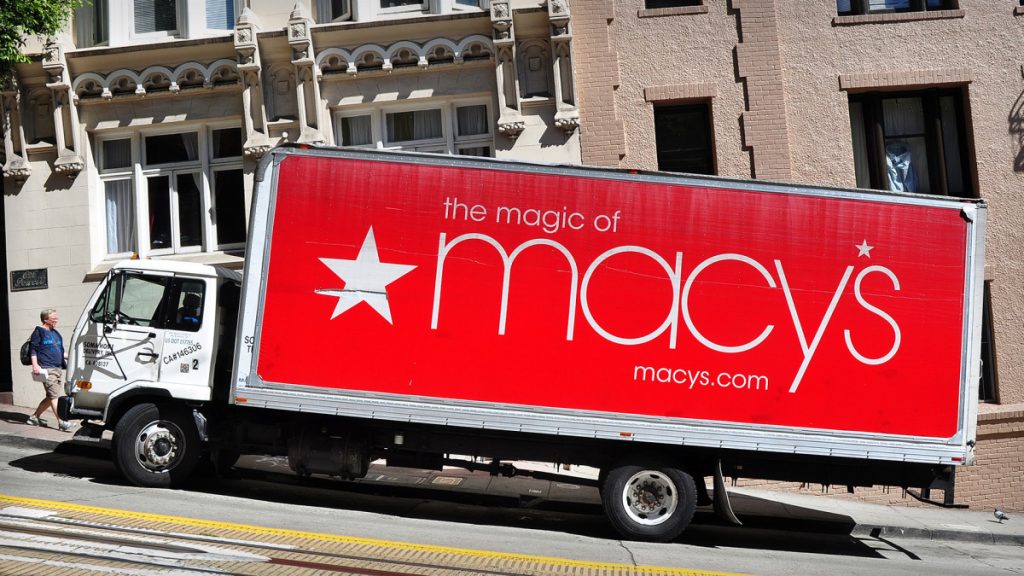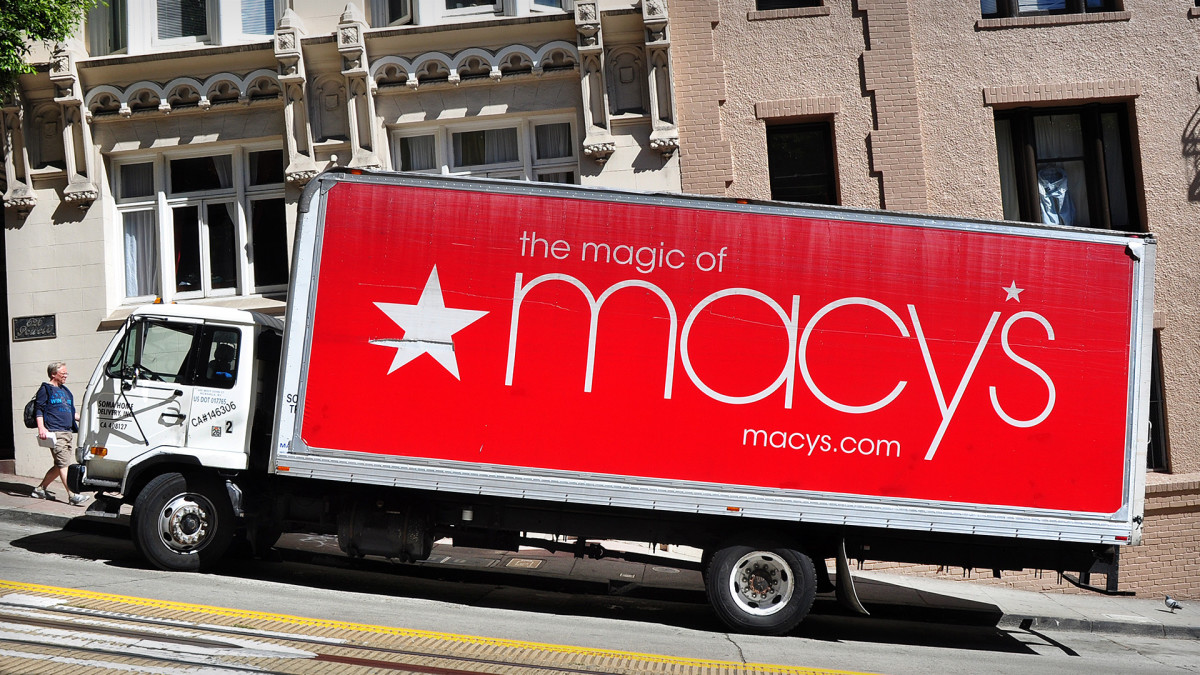Tariffs might help this struggling mall anchor chain

The latest round of tariffs serves as one more body blow to an already struggling category of business: the mall retailer.
It’s not that people are not visiting malls. Data shows that mall visits have been a little up or a little down, depending on the quality of the mall and the time of the year.
Related: Major furniture company closing down, no bankruptcy plans
There’s no massive exodus away from brick-and-mortar retail, but whether people visit and whether they buy are two very different things.
Traditionally, mall stores benefited from the foot traffic of having so many stores in the same location. The problem is that in addition to being able to buy what’s in front of you at a physical store, most people can also just order off their phone.
So if you were standing in a classic mall store like Gap, Ann Taylor Loft, Express, or an anchor chain like J.C. Penny, Macy’s, or Dillards, it’s much easier to simply not buy.
💵💰Don’t miss the move: Subscribe to TheStreet’s free daily newsletter 💰💵
You’re still going to the mall, and you’re still getting a pretzel or a cup of coffee or one of those really big cookies with frosting on them, but you’re not actually helping the traditional mall retailers.
Those retailers, many of which sell clothing, just got the added blow that most of the goods they sell will be hit by tariffs. That should be terrible news for the entire industry. Macy’s CEO thinks his company has a way around the problem.

Image source: Robert Alexander/Getty
Macy’s has a tariff antidote
Macy’s has spent the past few years trying to right-size its business and reverse declining sales. That has included steadily closing underperforming stores.
CEO Tony Spring, however, thinks the chain has a hidden asset that it can use to protect its business against the impact of tariffs.
“Our private label penetration is down now at an all-time low, so the opportunity to rebuild the business is advantageous from a long-term margin accretion perspective, but also I think is good in this particular moment in time and that it protects us or isolates us, insulates us a little bit from some of the tariff uncertainty,” he shared.
Because Macy’s (M) owns its private label brands, it has flexibility as to where to produce them and making them in America would avoid the tariffs.
“I feel good about the work on some of the brands. You know, you look at a brand like Style & Co or State of Day or the strength of a brand like Hotel. Those brands have done exceptionally well over time and are big volume and represent leaders within their families of business,” he added.
More on retail and bankruptcy:
- Walmart store closing, auctioning off laptops and flat screen TVs
- Home Depot CEO sounds the alarm on a growing problem
- Famous restaurant files for Chapter 11 bankruptcy
The chain, he noted, has not given enough attention to all of its private brands.
“There are other brands that are more nascent or needing more work and reimagination. And so, I was with the private brand team yesterday, kind of walking through fall 2025. It looks spectacular,” he shared.
Macy’s is trying to roll with the punches
In a fast-changing retail environment under the giant shadow of tariffs and a potential global trade war, all a company can really be is nimble and willing to change.
“We recognize the inflationary pressure. Obviously, there were some unexpected factors in the early part of the quarter with the fires and cold weather that impacted results for the business. But for the first quarter, you know, we expect that pressure to continue, and we’re really focused on what we can control,” said CFO Adrian Mitchell.
Related: Classic late-night restaurant chain closing dozens of locations
The results have been encouraging so far.
“The good news is that the investments that we’re making in the customer experience are working, and what we’re doing now is scaling those initiatives to a larger portion of our business,” he said.
Spring also added one final comment on tariffs.
“You know, our first quarter inventories are in good shape. There’ll be no impact from the pending tariffs. As we look at the remainder of the year, we’re taking a case-by-case approach and trying to react in real time as we learn more,” he said.
#Tariffs #struggling #mall #anchor #chain




